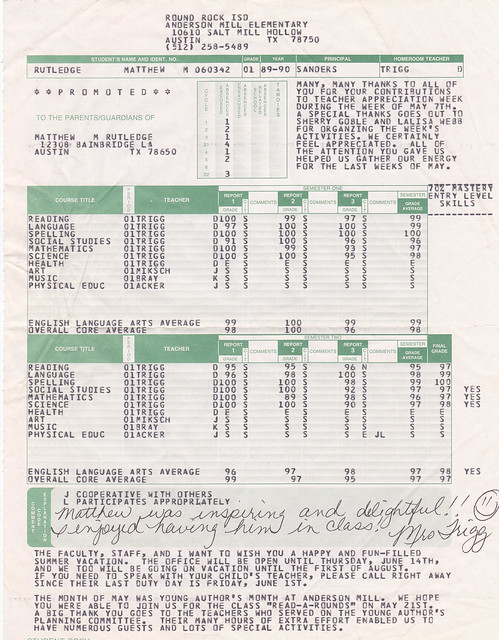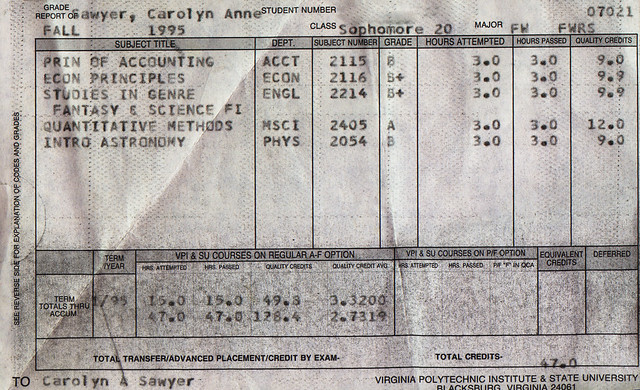I’ve normally started my classes with a description of what math we will be learning, and a class discussion about what the math means.
When I first started teaching, I would lecture for 30 minutes, and students would work for 60 minutes (I started in with a double block of math) during double block math classes, and in a 45 minute lesson, I would still lecture for 30 minutes, and students would get 15 minutes to practice and do other activities.
I discovered early on in my teaching that the less time I talked, the more time students had to work on activities and exercises, and this led to improved understanding. I read research suggesting that adolescents could actively pay attention for about 10 – 15 minutes, so I focused on getting the lecture portion of my lesson down to this length, and on embedding more questions and subsequent discussion into my lecture.
Today I tried something new. I found questions (with an emphasis on real world application) related to exponential functions that students had never seen before, and started class by handing them out as a package, and asking students to work on these problems in groups. I then spent class circulating around the room, answering the occasional student question (but being very careful what types of questions I answered) and pushing students to try finding multiple solutions to the problems. When students were completely stuck, I offered support, but by asking them questions, rather than just giving them the solution.
Now, I’ve definitely had classes where I haven’t taught an idea to the entire class before, but this is the first time I’ve introduced a completely new topic without either presenting a lecture on the topic ahead of time or using some sort of guided instructional aid for the students (like a video prepared in advance of the lesson).
Here are some observations I had while I was circulating around the classroom.
- Not one student asked me "is this solution right?"
- Students were actively engaged in the problem solving process.
- The questions I overheard from students (to each other) were often about the nuances in the problems, rather than "how did you do this?"
- Every group of students found the most efficient standard solution to the problem, as well as 2 other ways of solving the problem.
- No one attempted to Google for the solutions, or even open their textbook to see what information it had.
- My students were thinking.
At the end of class, I asked students to continue working in groups and come up with notes to explain the topic. As the students will be taking an exam in about a year and half on all of the material they are writing, I recommended that they write the notes for their future self that might not remember having worked on these problems. Next class, I plan on having students form new groups, and collaborate to construct meaningful notes for the future, and then work on some more related problems.
I’ve flipped the classroom. Instead of me presenting the ideas, my students look for solutions, and I help them. Instead of me giving notes to students, they make their own notes. Instead of the classroom being about the content, it’s about the process.
There were no videos, no notes in advance, no computer assessed exercises; just a focus on changing who was doing the thinking.


